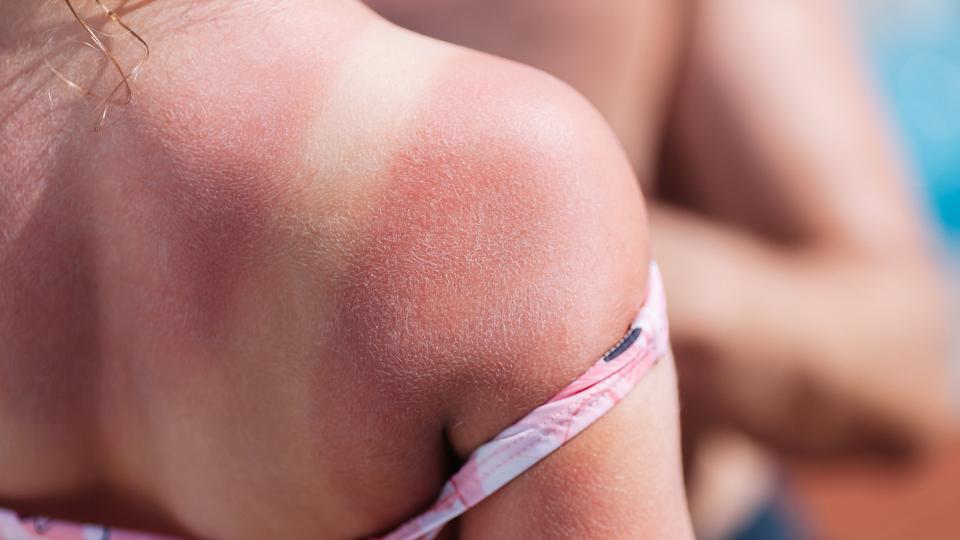
Citrus fruits are touted for their health benefits, but could consuming too much actually put you at a higher risk for certain types of cancer?
A new study in the Journal of Clinical Oncology found that people who had more than one serving of citrus juice or fruit a day had a higher risk for developing melanoma. So, should you pass on the second glass of juice?
"People who regularly eat large amounts of citrus should take note but I would not recommend significant diet changes," says Eric Millican, MD, a dermatologist with University of Utah Health. "It is important to remember that this is one study. It is well-designed and based on a large patient population but still needs to be replicated in other patient groups."
Naturally occurring compounds in citrus fruit called psoralens are the reason for the increased risk.
"Psoralens absorb ultraviolet (UV) radiation very efficiently and that, in turn, can increase the DNA damage from UV radiation," says Millican. "The authors theorize that there may be enough of a psoralen dose in citrus fruit to increase the risk of melanoma. In a previous paper they found a similar risk for basal and squamous cell carcinomas of the skin."
It isn't the compounds alone that cause the problem though. "The psoralens in citrus would not cause melanoma by themselves," says Millican. "It would be the combination of psoralens plus significant UV exposure."
UV exposure is, and always has been, the primary cause of melanoma. That's why Millican says there are other behaviors that should be curbed before someone decides to cut out citrus.
"Intense, intermittent exposure to UV radiation seems to play the biggest role for melanoma, especially blistering sunburns in childhood," he says. "Using a tanning bed, particularly when you are young, significantly increases your risk of melanoma."
People also need to be aware of the early signs of melanoma so if it does develop it can be caught and treated early.
"Everyone should perform regular self-checks at home looking at all of their moles," says Millican. "If you find a concerning area, you should make an appointment to see a dermatologist for further evaluation."





